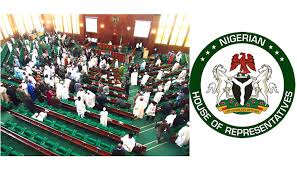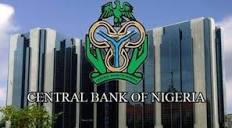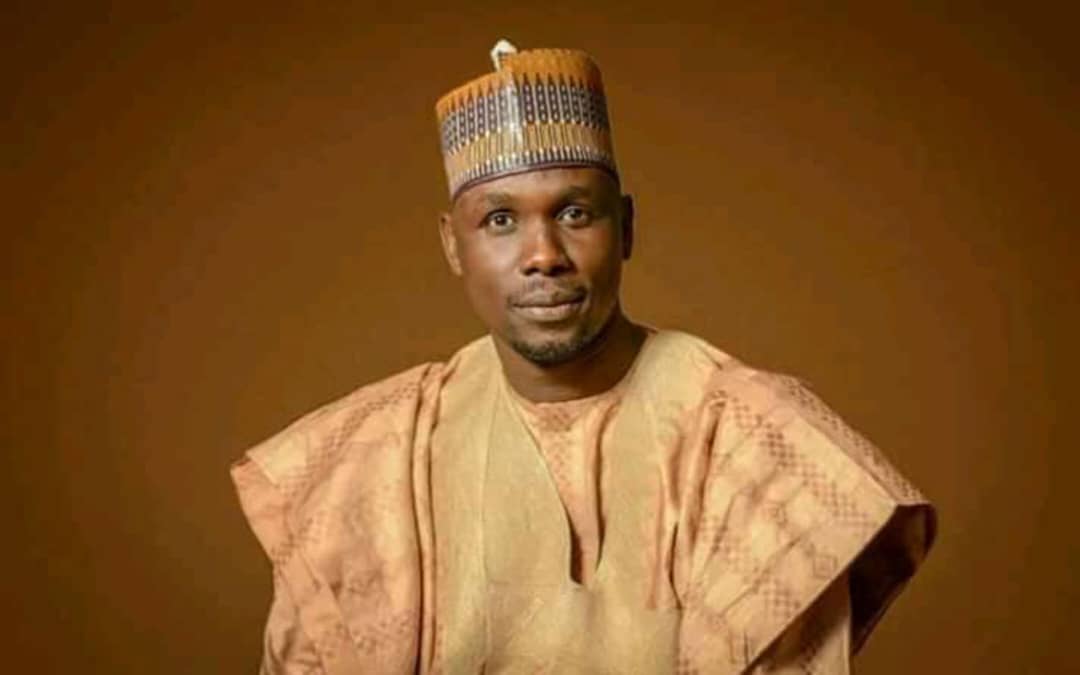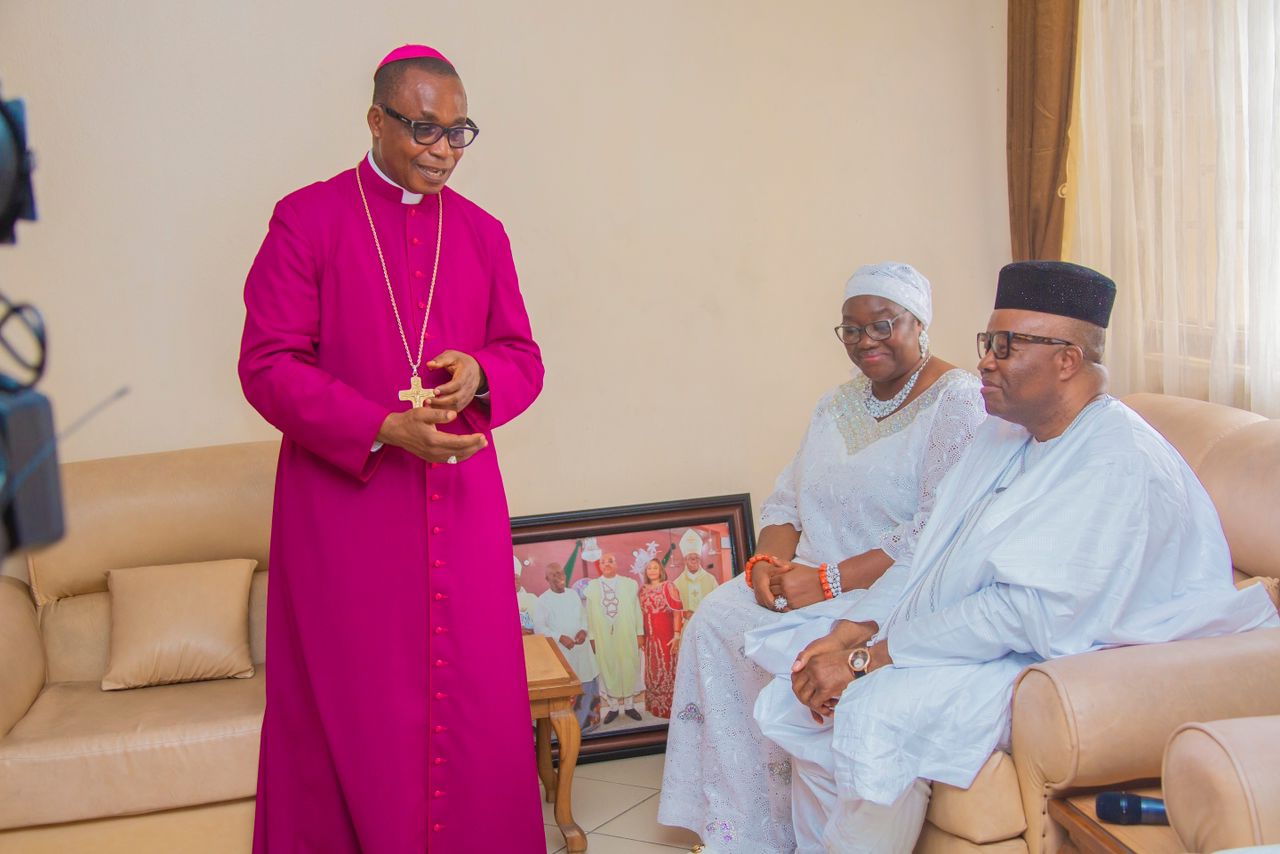***Decries Non/delay in payments to beneficiaries
Following the multiple queries raised by the office of the Auditor General of the Federation against the Pension Transitional Arrangement Directorate (PTAD) since its inception in 2013, the House of Representatives Committee on Public Accounts has instituted a high-powered technical ad-hoc committee to carryout forensic audit on monies appropriated annually to the Agency.
The Chairman of the Committee Rep Busayo Oluwole Oke announced the decision of the Committee during a hearing on the the multiple queries with the management team of the Agency in Abuja on Monday.

The Committee lamented that despite trillions of Naira released to the Agency as yearly appropriation, pensioners were still crying about the non payment of their entitlements across the states of the Federation and the federal Capital Territory, FCT, Abuja.
The Adhoc committee to be chaired by the Vice Chairman of Public Accounts Committee, Rep. Saa’d Abdulkadir was charged to take into account the utilisation of the agency’s capital and recurrent releases and ensuring they were in conformity with financial regulations.
According to the Oke,” This is pathetic, on what basis do you justify the non or late payment to our teeming fathers and mothers who had spent the better part of their productive years serving the government in various capacities, we can not allow this ugly development to continue.
“The ad-hoc committee will have to look in to the activities of the Agency and come up with something that will guide the Committee to carry out its assignment”
The Committee also demanded for a comprehensive list of beneficiaries under the agency’s pension scheme as well as evidences of direct remittance to them on monthly basis to enable it verify the complaints of non payments of the pension.
The PAC Chairman also instructed the committee clerk to write the CBN Governor requesting PTAD’s bank statements over the years and a similar one to the Accountant General of the Federation AGF for copies of letters of releases for pension payment on monthly basis.
PTAD took over the functions of the various pension departments of the Public Service and is now responsible for payment to existing retirees of the Federal Government that retired up to June 2007, thus exiting the private sector-led contributory pension scheme.
The leader of PTAD team, who is the Director Civil Service Pension in the Agency, Mr. Sulayman Shellong, while testifying under oath admitted that for the financial year ending December 2020, the agency got a budgetary allocation of N124 billion out of which N119.2 billion was released and N127.9 billion was expended on pension payment and arrears to beneficiaries.
He said the balance was muppped up and paid into the consolidated revenue account at the end of the financial year and denied any infraction on the part of the agency in the area of pension to beneficiaries under its scheme.
While ordering the forensic audit on the finances of the pension agency Rep Oke mandated the Committee’s in-house Technical Team to do a thorough perusal of PTAD’s audited reports that originated the queries from the Auditor-Genaral of the Federation AuGF and submit an interim report which will form the basis of the next line of action on the Agency.
END




